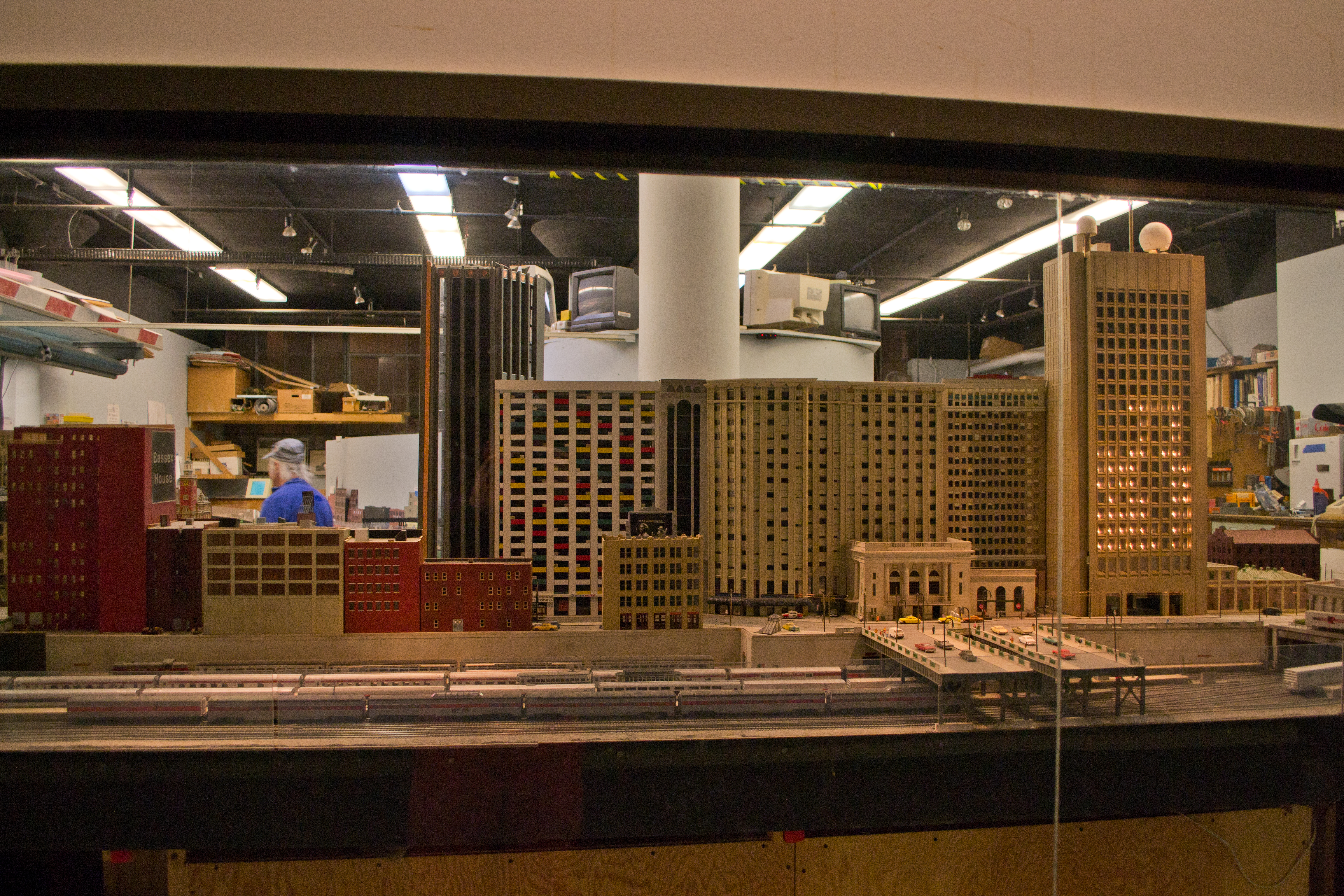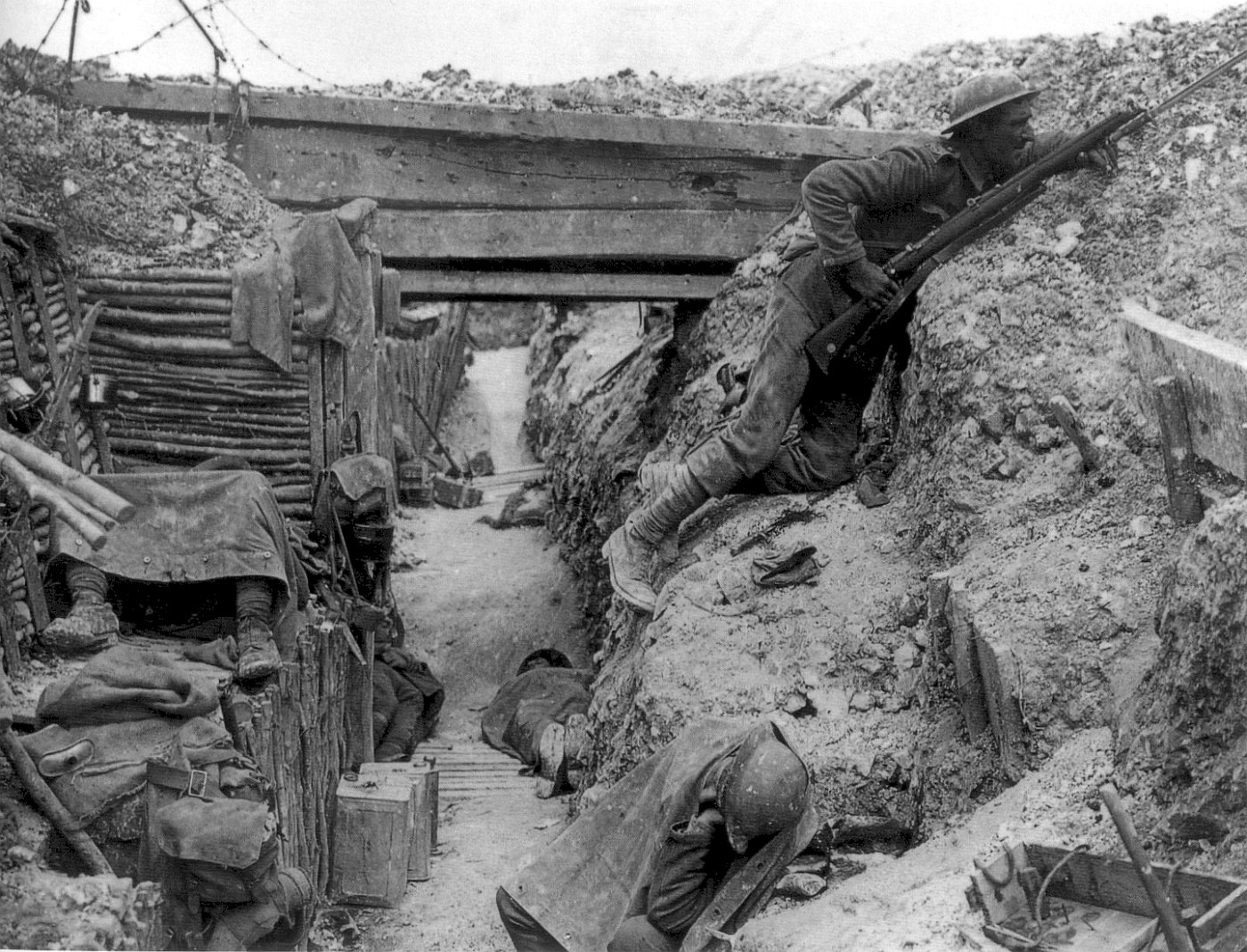|
Military Slang
Military slang is an array of colloquial terminology used commonly by military personnel, including slang which is unique to or originates with the armed forces. In English-speaking countries, it often takes the form of abbreviations/acronyms or derivations of the NATO Phonetic Alphabet, or otherwise incorporates aspects of formal military terms and concepts. Military slang is often used to reinforce or reflect (usually friendly and humorous) interservice rivalries. Acronym slang in the U.S. Military A number of military slang terms are acronyms. Rick Atkinson ascribes the origin of SNAFU (Situation Normal, All Fucked Up), FUBAR (Fucked Up Beyond Any Repair or "All Recognition"), and a bevy of other terms to cynical GIs ridiculing the United States Army's penchant for acronyms. Terms then end up being used in other industries as these GIs complete their services. For example, FUBAR evolved into Foobar as GIs coming home from World War II matriculated into Massachusetts Institute ... [...More Info...] [...Related Items...] OR: [Wikipedia] [Google] [Baidu] |
Terminology
Terminology is a group of specialized words and respective meanings in a particular field, and also the study of such terms and their use; the latter meaning is also known as terminology science. A ''term'' is a word, compound word, or multi-word expressions that in specific contexts is given specific meanings—these may deviate from the meanings the same words have in other contexts and in everyday language. Terminology is a discipline that studies, among other things, the development of such terms and their interrelationships within a specialized domain. Terminology differs from lexicography, as it involves the study of concepts, conceptual systems and their labels (''terms''), whereas lexicography studies words and their meanings. Terminology is a discipline that systematically studies the "labelling or designating of concepts" particular to one or more subject fields or domains of human activity. It does this through the research and analysis of terms in context for the pu ... [...More Info...] [...Related Items...] OR: [Wikipedia] [Google] [Baidu] |
Tech Model Railroad Club
The Tech Model Railroad Club (TMRC) is a student organization at the Massachusetts Institute of Technology (MIT). Historically it has been a wellspring of hacker culture and the oldest such hacking group in North America. Formed in 1946, its HO scale layout specializes in automated operation of model trains. History The first meeting of the Tech Model Railroad Club was organized by John Fitzallen Moore and Walter Marvin in November of 1946. Moore and Marvin had membership cards #0 and #1 and served as the first president and vice-president respectively. They then switched roles the following year. Circa 1948, the club obtained official MIT campus space in Room 20E-214, on the third floor of Building 20, a "temporary" World War II-era structure, sometimes called "the Plywood Palace", which had been home to the MIT Radiation Lab during World War II. The club's members, who shared a passion to find out how things worked and then to master them, were among the first Hacker (term), ha ... [...More Info...] [...Related Items...] OR: [Wikipedia] [Google] [Baidu] |
The Dallas Morning News
''The Dallas Morning News'' is a daily newspaper serving the Dallas–Fort Worth area of Texas, with an average print circulation of 65,369. It was founded on October 1, 1885 by Alfred Horatio Belo as a satellite publication of the ''Galveston Daily News'', of Galveston, Texas. Historically, and to the present day, it is the most prominent newspaper in Dallas. Today it has one of the 20 largest paid circulations in the United States. Throughout the 1990s and as recently as 2010, the paper has won nine Pulitzer Prizes for reporting and photography, George Polk Awards for education reporting and regional reporting, and an Overseas Press Club award for photography. The company has its headquarters in downtown Dallas. History ''The Dallas Morning News'' was founded in 1885 as a spin-off of the ''Galveston Daily News'' by Alfred Horatio Belo. In 1926, the Belo family sold a majority interest in the paper to its longtime publisher, George Dealey. By the 1920s, the Dallas Morning ... [...More Info...] [...Related Items...] OR: [Wikipedia] [Google] [Baidu] |
Oxford University Press
Oxford University Press (OUP) is the university press of the University of Oxford. It is the largest university press in the world, and its printing history dates back to the 1480s. Having been officially granted the legal right to print books by decree in 1586, it is the second oldest university press after Cambridge University Press. It is a department of the University of Oxford and is governed by a group of 15 academics known as the Delegates of the Press, who are appointed by the vice-chancellor of the University of Oxford. The Delegates of the Press are led by the Secretary to the Delegates, who serves as OUP's chief executive and as its major representative on other university bodies. Oxford University Press has had a similar governance structure since the 17th century. The press is located on Walton Street, Oxford, opposite Somerville College, in the inner suburb of Jericho. For the last 500 years, OUP has primarily focused on the publication of pedagogical texts and ... [...More Info...] [...Related Items...] OR: [Wikipedia] [Google] [Baidu] |
Ming Dynasty
The Ming dynasty (), officially the Great Ming, was an Dynasties in Chinese history, imperial dynasty of China, ruling from 1368 to 1644 following the collapse of the Mongol Empire, Mongol-led Yuan dynasty. The Ming dynasty was the last orthodox dynasty of China ruled by the Han Chinese, Han people, the majority ethnic group in China. Although the primary capital of Beijing fell in 1644 to a rebellion led by Li Zicheng (who established the short-lived Shun dynasty), numerous rump state, rump regimes ruled by remnants of the House of Zhu, Ming imperial family—collectively called the Southern Ming—survived until 1662. The Ming dynasty's founder, the Hongwu Emperor (r. 1368–1398), attempted to create a society of self-sufficient rural communities ordered in a rigid, immobile system that would guarantee and support a permanent class of soldiers for his dynasty: the empire's standing army exceeded one million troops and the naval history of China, navy's dockyards in Nanjin ... [...More Info...] [...Related Items...] OR: [Wikipedia] [Google] [Baidu] |
Junjiahua
Junjiahua, Junhua, Junsheng or "military speech" in English, is any of a number of isolated dialects in Guangdong, Guangxi, Hainan, Fujian, and Taiwan region. Some believe that they are a Mandarin dialect group that assimilated to local Chinese variants in southern China. Junhua began as a lingua franca A lingua franca (; ; for plurals see ), also known as a bridge language, common language, trade language, auxiliary language, vehicular language, or link language, is a language systematically used to make communication possible between groups ... in the army, being spoken between soldiers dispatched to all parts of China during the Ming dynasty. It was subsequently spread to areas around the camps where the army settled. It is now an endangered language. In Hainan, it's still spoken by about 100,000 people. These speakers mainly live in Sanya, Changjiang Li Autonomous County, Danzhou, Dongfang and Lingao. Some also consider the Dapenghua spoken in ... [...More Info...] [...Related Items...] OR: [Wikipedia] [Google] [Baidu] |
Voice Procedure
Radiotelephony procedure (also on-air protocol and voice procedure) includes various techniques used to clarify, simplify and standardize spoken communications over two-way radios, in use by the armed forces, in civil aviation, police and fire dispatching systems, citizens' band radio (CB), and amateur radio. Voice procedure communications are intended to maximize clarity of spoken communication and reduce errors in the verbal message by use of an accepted nomenclature. It consists of a signalling protocol such as the use of abbreviated codes like the CB radio ten-code, Q codes in amateur radio and aviation, police codes, etc., and jargon. Some elements of voice procedure are understood across many applications, but significant variations exist. The armed forces of the NATO countries have similar procedures in order to make cooperation easier. The impacts of having radio operators who are not well-trained in standard procedures can cause significant operational problems and dela ... [...More Info...] [...Related Items...] OR: [Wikipedia] [Google] [Baidu] |
Vertidue
Vertidue was an Anglo-French phrase, used during World War I, originally defined as ‘a vile mix of wet feces and soil.’ It became a regular expression amongst those bunker sharing British and French troops The French Armed Forces (french: Forces armées françaises) encompass the Army, the Navy, the Air and Space Force and the Gendarmerie of the French Republic. The President of France heads the armed forces as Chief of the Armed Forces. France ....''Education from Lord Curzon to World War 1'', B.M. Sankhdher, 1914 References {{Reflist Military slang and jargon 1910s neologisms Cultural history of World War I ... [...More Info...] [...Related Items...] OR: [Wikipedia] [Google] [Baidu] |
Napoleonic Wars
The Napoleonic Wars (1803–1815) were a series of major global conflicts pitting the French Empire and its allies, led by Napoleon I, against a fluctuating array of European states formed into various coalitions. It produced a period of French domination over most of continental Europe. The wars stemmed from the unresolved disputes associated with the French Revolution and the French Revolutionary Wars consisting of the War of the First Coalition (1792–1797) and the War of the Second Coalition (1798–1802). The Napoleonic Wars are often described as five conflicts, each termed after the coalition that fought Napoleon: the Third Coalition (1803–1806), the Fourth (1806–1807), the Fifth (1809), the Sixth (1813–1814), and the Seventh (1815) plus the Peninsular War (1807–1814) and the French invasion of Russia (1812). Napoleon, upon ascending to First Consul of France in 1799, had inherited a republic in chaos; he subsequently created a state with stable financ ... [...More Info...] [...Related Items...] OR: [Wikipedia] [Google] [Baidu] |
Grande Armée Slang
As with all armed forces throughout history, the French Grande Armée of the Napoleonic Wars used a colorful and extensive vocabulary of slang terms to describe their lives, times and circumstances and express their reactions towards them. This is a partial glossary article meant to supplement the articles on La Grande Armée and Military slang. Providing such information can greatly help the reader to understand and appreciate the lives of these soldiers. There are also a few terms included from the later Armée du Nord included here for the sake of interest and completeness. A ; ''Abbaye-de-Sot-Bougre'' (Abbey of drunks) : the camp prison ; ''un abreuvoir à mouches'' (fly's drinking trough) : a deep gash in one's face ; ''L'Arme Blanche'' (The White Weapon) : 1) a cutting or thrusting weapon (such as a sword or lance) rather than gunpowder weapons like firearms or cannon. 2) The cavalry, especially hussars and lancers. ; ''Les autres chiens'' (the other dogs, pun for ... [...More Info...] [...Related Items...] OR: [Wikipedia] [Google] [Baidu] |
Army Creole
Army creole was a term used in Tom Wolfe's book '' The Right Stuff'' to describe an English dialect spoken by military personnel. The dialect relies upon extensive use of profane intensifiers like "fuck" to gain attention in confusing circumstances requiring prompt, decisive action. Before 1980, basic training drill instructors, drill sergeants, military training instructors, and recruit division commanders used the dialect to increase the stress levels of recruits, simultaneously emphasizing a recruit's subordinate status to the instructor and increasing the probability of the recruit focusing on the instructions being provided in distracting situations. Military personnel learning the dialect in training may use it to improve communication in stressful situations. Historical use After losing his uniform during boarding party combat aboard the sinking , World War II Royal Canadian Navy officer Hal Lawrence was mistaken for a German prisoner of war following rescue by the crew of ... [...More Info...] [...Related Items...] OR: [Wikipedia] [Google] [Baidu] |


.jpg)


.jpg)